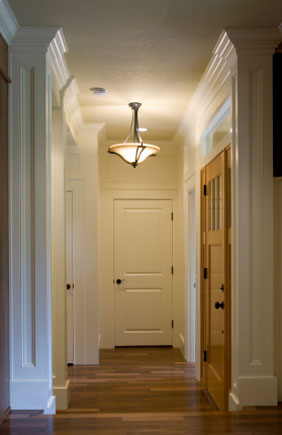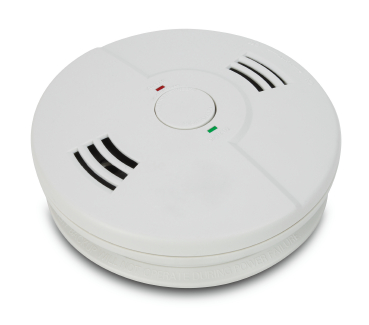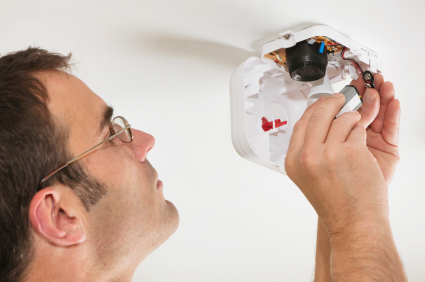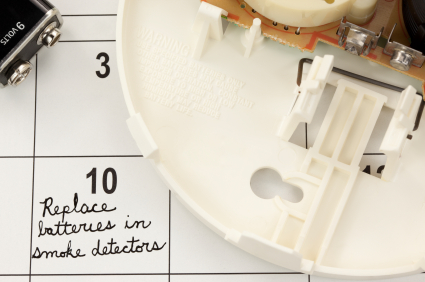
Latest Listings

- South Wentworthville$849,000-$899,000
- 3 Bed 2 Bath 2 Car

- Kenthurst$2,999,000-$3,099,000
- 6 Bed 5 Bath 2 Car Pool

- Pendle Hill$439,000-$459,000
- 2 Bed 1 Bath 1 Car
Smoke Alarms
 What is a
Smoke Alarm?
What is a
Smoke Alarm?
Smoke alarms are life-saving devices that
provide benefits for occupants. They detect smoke well
before any sleeping occupant would, and provide critical
seconds to implement actions to save life and property.
Smoke alarms are designed to detect fire smoke and emit a loud and distinctive sound to alert occupants of potential danger.You can obtain more information about the different types of smoke alarms available by visiting the website- http://www.fire.nsw.gov.au/
Your obligation as a Property
Owner-
If you are selling or leasing your
investment property, there are a few things that need to be
present in your property. Whether the home is your own or
is to be rented, it’s important to ensure the occupants
inside are safe should a fire occur. Likewise if the
property is to be sold, you will need to take appropriate
steps to make sure the home complies with laws regarding
smoke alarms. Between 2000 and June 2005 there were 144
deaths in NSW from house fires.
Smoke alarms – the law-
Smoke alarms,
which at times are incorrectly called smoke detectors, were
required to be installed in homes from 1 May 2006 and must
comply with AS3786. Specifically, there needs to be a
minimum of one for each level of the home and is necessary
in any residential building someone may sleep. What was
concerning was that in 2007 research into smoke alarms was
conducted and found that 6% of homes in NSW did not have
smoke alarms installed.
Any new buildings being built and any undergoing
renovations are also required to have installed smoke
alarms. This is according to The Building Legislation
Amendment (Smoke Alarms) Act 2005 and the Environmental
Planning and Assessment Amendment (Smoke Alarms)
Regulation.
Smoke alarms in real estate Sydney must be in working order
and are not to be removed or interfered with. Failure to
comply with the legislation is an offence and can result in
a maximum penalty of $550.
Smoke alarms need to be installed in rental properties,
owner occupied and relocatable homes. This includes terrace
houses, townhouses, caretaker flats, detached houses,
residences above shops and relocatable homes.
Shared accommodation is also required to have smoke alarms,
such places like guest houses, backpacker accommodation,
hostels and boarding houses. If the residential property in
mind does not have smoke alarms, get them installed.
They are life saving and will identify smoke long before
the sleeping occupants can. Having smoke alarms in a home
will offer significant seconds of time in order to save
lives and if possible, property. It is recommended you test
all your smoke alarms once a month and be cleaned every six
months with a vacuum cleaner. Batteries should be replaced
according to the type of battery used.
If you have any questions regarding laws on smoke alarms,
our Property Management department will be happy to answer
any concerns you may have. Never try to avoid the law on
smoke alarms as they could save your life or someone
else’s. One third to a half of these deaths could have been
prevented with the use of a working smoke alarm
What type of smoke alarm do I
need?
The information on this page refers to
the minimum requirements needed to meet the new Building
Legislation Amendment (Smoke Alarms) Act 2005. The NSW Fire
Brigades recommends a higher level of protection. For more
information on the NSW Fire Brigades recommendations, refer
to NSWFB policy on smoke alarms
You must install smoke alarms which comply with Australian
Standard 3786 (AS3786). The standard should be clearly
marked on the packaging.If you previously installed smoke
alarms prior to 1 May 2006 that do not comply with AS3786
they will be deemed to comply (providing that they are
working and in the correct location).
Smoke alarm types-
There are a number
of different types of smoke alarms available: ionisation,
photoelectric, carbon monoxide, alarms for the Deaf and
Hearing Impaired, alarms with emergency lights and special
models for kitchens and relocatable homes. All of these
smoke alarms differ in how they detect smoke and/or alert
people.
Power supply sources-
Smoke alarms can also have varying power sources.
They can either be hard wired or battery operated.
Where should I install them?
For more
information on the NSW Fire Brigades recommendations, refer
to NSWFB policy on smoke alarms. Different types of
premises require smoke alarms to be installed in various
locations.
Avoiding 'false' alerts-
Smoke alarms
are extremely sensitive and may detect smoke and moisture
created by common household activities such as burnt toast
or steam from a bathroom. To reduce the likelihood of false
alarms, the smoke alarm should, wherever possible, not be
located near cooking appliances or bathrooms.
Alternatively the type of alarms used needs to be
considered. If false alarms persist, then the smoke alarm
should be moved to a more suitable location.